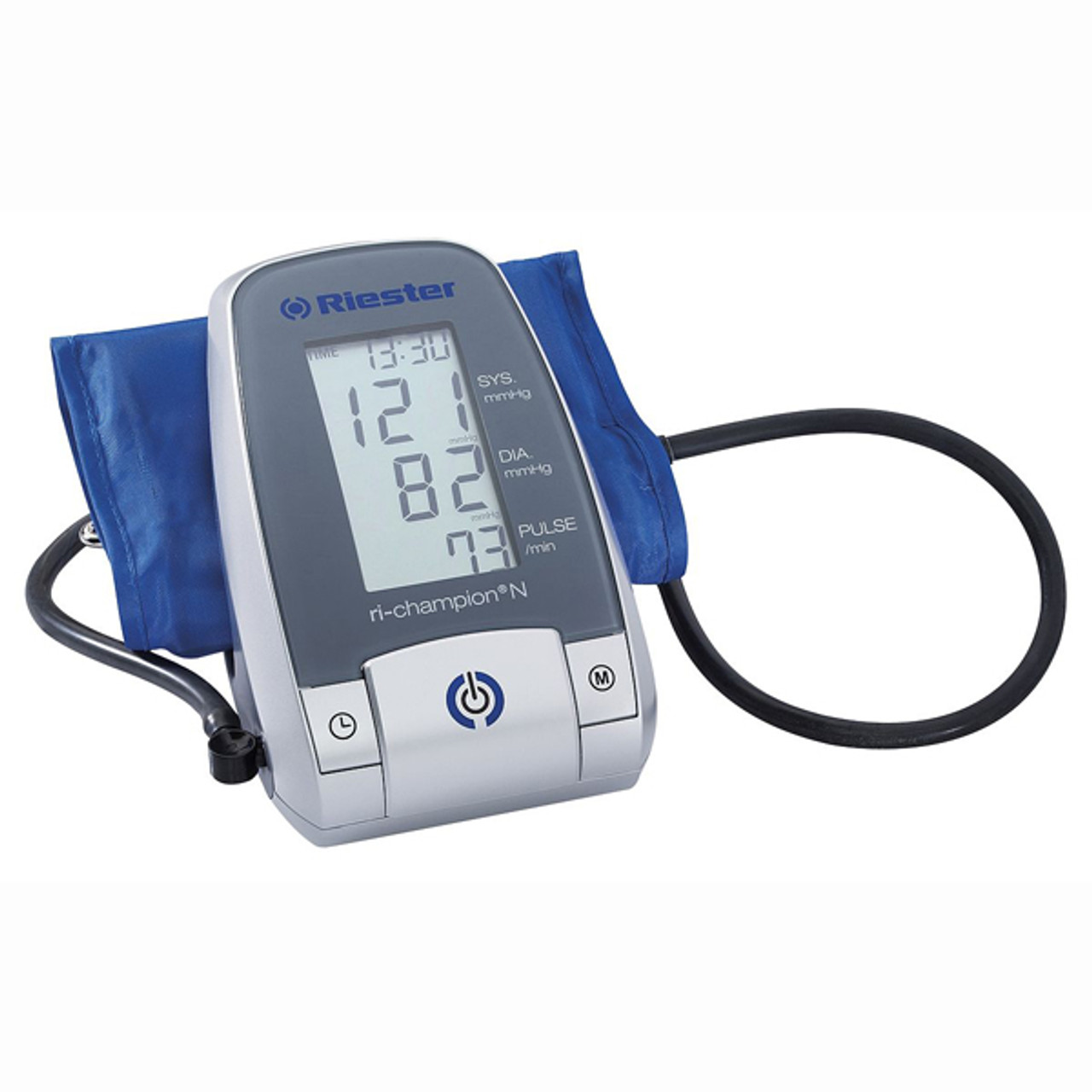High blood pressure is also known as hypertension. Blood
pressure is the amount of force exerted against the walls of the arteries as
blood flows through them. Normal range110-120/60-80mmhg
CAUSES OF HIGH BLOOD PRESSURE
1) Age
The older you are the higher your risk
of having high blood
pressure.
2) Family history
If you have close family members with hypertension, your
chances of developing it are significantly higher. An international scientific study
identified eight common genetic differences that may increase the risk of high blood
pressure.
5) Obesity and overweight
Both overweight and obese people are more likely to develop
high blood pressure, compared to people of normal weight.
6) Sugar
7) Physical inactivity
Lack of exercise, as well as having a sedentary lifestyle,
raises the risk of hypertension.
8) Smoking
Smoking causes the blood vessels to narrow, resulting in
higher blood pressure. Smoking also reduces the blood's oxygen content so the
heart has to pump faster in order to compensate, causing a rise in blood
pressure.
9) Alcohol intake
People who drink regularly have higher systolic blood
pressure than people who do not, according to researchers. They found that systolic
blood pressure levels are about 7 mmHg higher in frequent drinkers than in
people who do not drink .
10) High salt intake
Researchers reported that societies where people don't eat
much salt have lower blood
pressures than places where people eat a lot of salt.
11) High fat diet
Many health professionals say that a diet high in fat leads
to a raised high blood pressure risk.
However, most dietitians stress that the problem is not how
much fat is consumed, but rather what type of fats. Fats sourced from plants
such as avocados, nuts, olive oil, and omega oils are good for you. Saturated
fats, which are common in animal- sourced foods, as well as trans fats, are bad
for you.
12) Mental stress
Various studies have offered compelling evidence that mental
stress, especially over the long term,
can have a serious impact on blood pressure. One study
suggested that the way that air traffic controllers handle stress can affect
whether they are at risk of developing high blood pressure later in life.
13) Diabetes
People with diabetes are at a higher risk of developing
hypertension. Among patients with type 1 diabetes , high blood sugar is a risk
factor for incident hypertension - effective and consistent blood sugar
control, with insulin, reduces the long-term risk of developing hypertension. People
with type 2 diabetes are at risk of hypertension due to high blood sugar, as well
as other factors, such as overweight and obesity , certain medications, and
some cardiovascular diseases.
14) Meat
15) Pregnancy
Pregnant women have a higher risk of developing hypertension
than women of the same age who
are not pregnant. It is the most common medical problem
encountered during pregnancy, complicating 2% to 3% of all pregnancies.
SYMPTOMS OF HYPERTENSION
High blood pressure symptoms typically include:
- Headache - usually, this
will last for several
- days.
- Nausea - a sensation of
unease and discomfort
- in the stomach with an
urge to vomit.
- Vomiting - less common
than just nausea.
- Dizziness -
Lightheadedness, unsteadiness, and
- vertigo .
- Blurred or double vision
(diplopia).
- Palpitations -
disagreeable sensations of
- irregular and/or forceful
beating of the heart.
- Dyspnea - breathlessness,
shortness of breath.
COMPLICATIONS OF HYPERTENSION
Diabetes
kidney disease
sexual weakness
Eye problem
Stroke
PREVENTION OF HYPERTENSION
Cut salt intake
Avoid alcohol
Cut sugar intake
Stop smoking
Do regular exercise
Stop eating too much fats
Don't take unprescribed medicine
Avoid stres
Avoid meat
Avoid caffeinated drinks
LEAVE YOUR COMMENTS BELOW.










